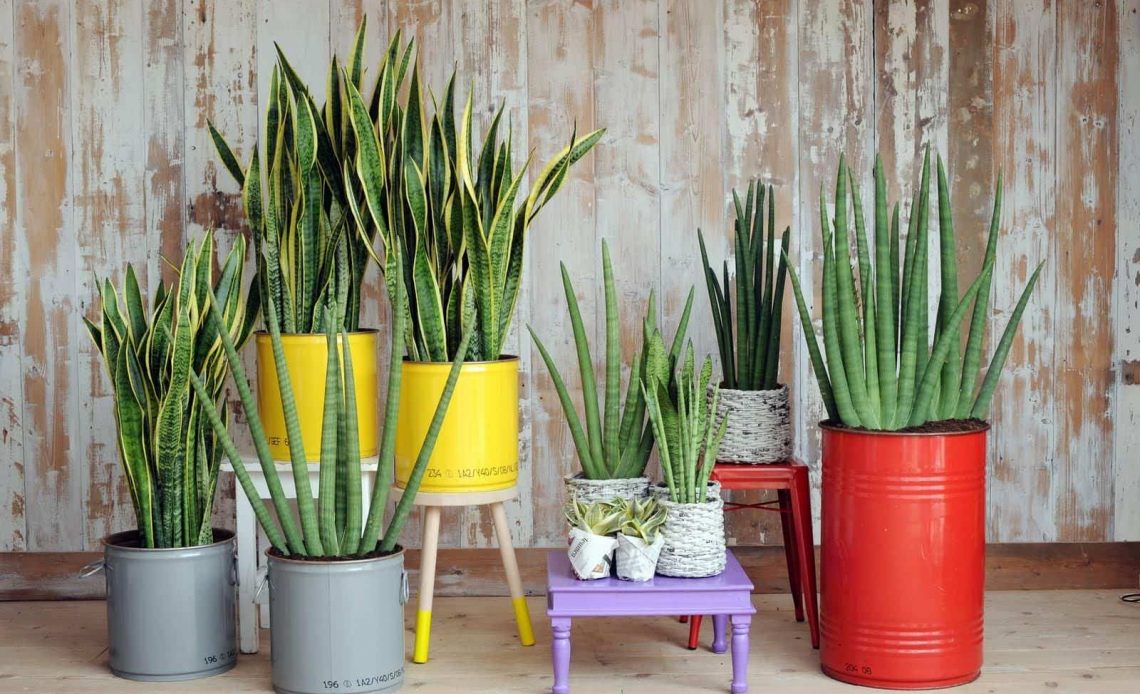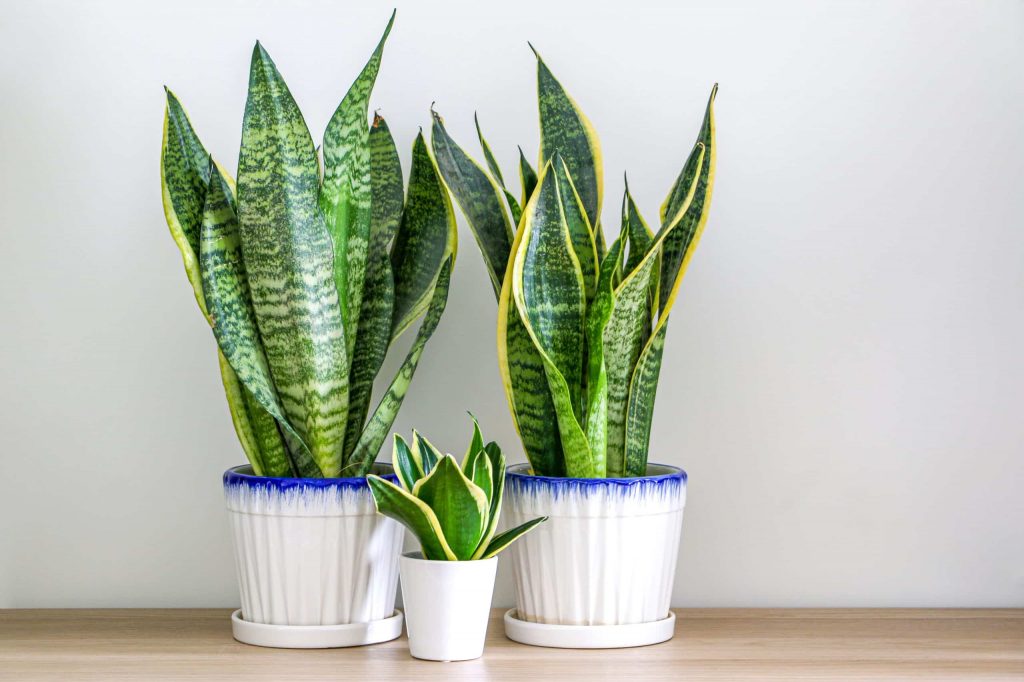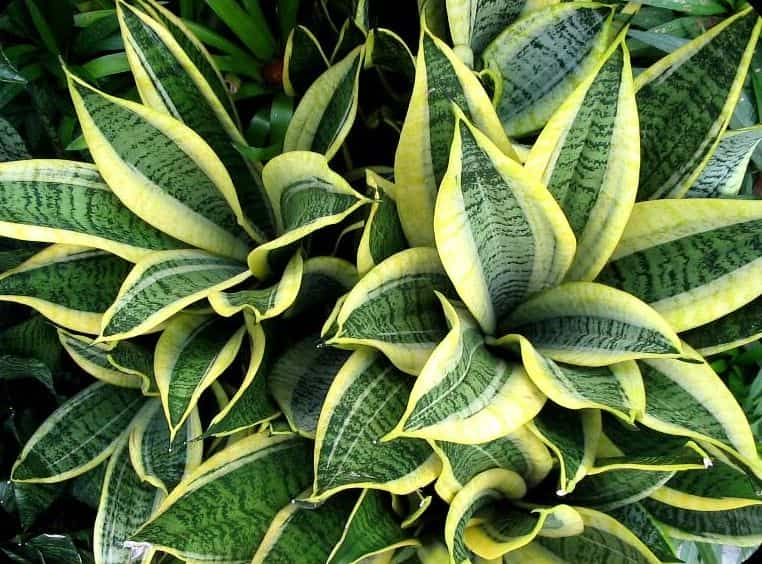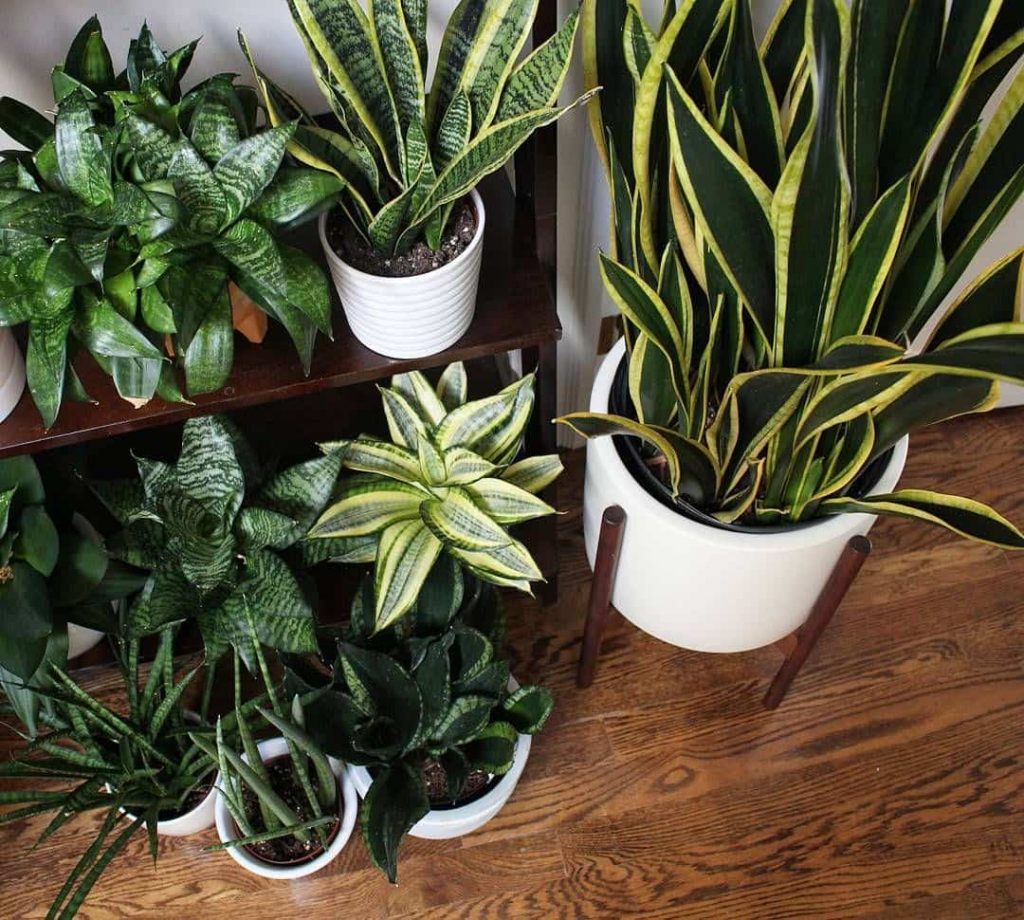
Snake plant, also known as mother-in-law’s tongue, is a popular and easy-to-care-for houseplant that can add a touch of greenery and freshness to any space. But did you know that snake plant also has a rich meaning and symbolism that goes beyond its appearance and name? In this article, we will explore the snake plant meaning and symbolism in different cultures and contexts, and how you can use it to enhance your home and life.
Snake Plant Meaning
Snake Plant Meaning: The Snake Plant, also known as Sansevieria or Dracaena trifasciata, is viewed as a symbol of good luck, purity, and positivity. Its spiky leaves, while they may look a bit intimidating, are thought to guard against evil spirits and bad luck.
Good Luck
Despite their spiky appearance, snake plants are believed to bring good fortune. They guard against evil spirits and bad luck, making them valuable protectors in your space. In many cultures, good luck is associated with positive outcomes and success. When we say that the Snake Plant has a meaning of “good luck”, it signifies that this plant is often considered to bring good fortune or positive outcomes to its surroundings.
Purity
The snake plant’s pristine leaves symbolize purity and innocence. Their green color connects us with the natural world, bringing a touch of the outdoors indoors. Purity generally refers to the state of being free from anything that contaminates or pollutes. In the context of the Snake Plant, purity might refer to its ability to purify the air, making it a popular choice for improving indoor air quality.
Positivity
These resilient plants thrive even in challenging conditions, reminding us to stay positive and resilient in our own lives. Positivity is the quality of having a positive or optimistic attitude. When we say that the Snake Plant has a meaning of “positivity”, it suggests that this plant is believed to bring positive energy and create a positive environment.
Protection
Snake plant is believed to protect the owner from evil and negative energies, as well as from physical harm and diseases. The sharp and pointed leaves of snake plant can ward off evil spirits and bad luck, while the sturdy and resilient nature of snake plant can symbolize protection, strength and endurance.
Longevity
Snake plant is also associated with longevity and immortality, as it can survive in harsh conditions and regenerate from cuttings. The snake plant can also purify the air and remove toxins, which can improve the health and well-being of the owner. The snake plant can also represent the eternal cycle of life and death, as it can grow new leaves from old ones.
Wisdom
Snake plant can also represent wisdom and knowledge, as it can adapt to different environments and situations. The snake plant can also symbolize the balance and harmony of opposites, as it can thrive in both light and dark, and in both dry and moist conditions. The snake plant can also reflect the hidden and mysterious aspects of life, as it can bloom rarely and unexpectedly.
Snake Plant Meaning: Feng Shui

Feng shui is an ancient Chinese art and science of arranging the environment to create a harmonious and positive flow of energy, or chi. According to feng shui, snake plant is a powerful. And beneficial plant that can enhance the energy and atmosphere of any space. Some of the feng shui benefits of snake plant are:
- Attracting wealth and prosperity: Snake plant can attract wealth and prosperity to the owner, as it can activate the energy of abundance and success. The snake plant can also symbolize the growth and expansion of the owner’s career and finances. The best place to put snake plant for this purpose is in the southeast area of the home or office, which is the wealth and money area in feng shui.
- Improving health and vitality: Snake plant can also improve the health and vitality of the owner, as it can purify the air and remove harmful pollutants and toxins. The snake plant can also boost the immune system and prevent illnesses and infections. The best place to put snake plant for this purpose is in the east area of the home or office, which is the health and family area in feng shui.
- Enhancing creativity and communication: Snake plant can also enhance the creativity and communication of the owner, as it can stimulate the mind and inspire new ideas and solutions. The snake plant can also promote the expression and exchange of thoughts and feelings. The best place to put snake plant for this purpose is in the north area of the home or office, which is the career and life path area in feng shui.
Snake Plant Spiritual Meaning

The snake plant is not only a beautiful and beneficial plant. But also a spiritual plant that can connect us with our higher selves and the divine. It serves as a conduit for connecting us to our higher selves and the divine. It has the potential to awaken our dormant kundalini energy, the primal life force located at the base of our spine. This energy can be stimulated to ascend through the seven chakras, or energy centers, along our spine, culminating at the crown chakra, which represents the pinnacle of consciousness. Achieving spiritual enlightenment, a common objective across numerous spiritual traditions, is made possible through this plant.
The snake plant can also help us activate our third eye chakra, which is the sixth chakra located between the eyebrows. AlsoThe third eye chakra is the center of vision, intuition, and psychic abilities. The snake plant can enhance our third eye chakra by its vertical shape and upward direction. However The snake plant can help us see beyond the physical realm and access higher dimensions of reality.
The snake plant can also help us balance our root chakra, which is the first chakra located at the base of the spine. The root chakra is the center of survival, security, and stability. The snake plant can strengthen our root chakra by its firm roots and solid base. The snake plant can help us feel grounded, safe, and supported in our lives.
Snake Plant Color Symbolism
Snake plant can also have a color symbolism, as the color of the snake plant can reflect and influence the mood and energy of the owner and the space. Some of the snake plant color symbolism are:
- Green: Green is the most common and dominant color of snake plant, and it represents nature, growth, and freshness. Green snake plant can create a calm and soothing atmosphere, as well as inspire the owner to embrace change and new opportunities. Green snake plant can also symbolize health, harmony, and abundance.
- Yellow: Yellow is another common color of snake plant, and it represents joy, happiness, and optimism. Yellow snake plant can brighten up and cheer up any space, as well as motivate the owner to pursue their goals and dreams. Yellow snake plant can also symbolize intellect, creativity, and confidence.
- White: White is a rare and special color of snake plant, and it represents purity, innocence, and peace. White snake plant can create a serene and tranquil atmosphere, as well as cleanse and purify the owner and the space. White snake plant can also symbolize spirituality, divinity, and enlightenment.
Snake Plant Myths and Folklore

Snake plant also has a rich and fascinating history and mythology, as it has been used and revered by different cultures and traditions around the world. Some of the snake plant myths and folklore are:
- African mythology: In some African cultures, snake plant is considered sacred and powerful, as it is believed to be the home of the ancestors and the spirits. Snake plant is also used for protection and healing, as well as for divination and magic. Snake plant is also associated with the goddess Mami Wata, who is the mother of water and the protector of life.
- Chinese mythology: In Chinese culture, snake plant is also known as huwei lan, which means tiger’s tail orchid. Snake plant is regarded as a lucky and auspicious plant, as it can bring good fortune and prosperity to the owner. Snake plant is also used for feng shui, as well as for medicinal and culinary purposes. Snake plant is also associated with the dragon, which is the symbol of power and wisdom.
- Indian mythology: In Indian culture, snake plant is also known as sansevieria, which means bowstring hemp. Snake plant is valued for its strong and durable fibers, which can be used to make ropes and bowstrings. Snake plant is also used for ayurveda, as well as for religious and ceremonial purposes. Snake plant is also associated with the goddess Shakti, who is the energy and force of life.
Snake Plant Gift Meaning
Snake plant can also be a wonderful and meaningful gift, as it can convey different messages and sentiments to the recipient. Some of the snake plant gift meaning are:
- I’m sorry: Snake plant can be a perfect way to apologize and ask for forgiveness, as it can express your regret and remorse. Snake plant can also show your sincerity and goodwill, as well as your hope for reconciliation and peace.
- I appreciate you: Snake plant can also be a great way to show your gratitude and appreciation, as it can express your respect and admiration. Snake plant can also show your affection and care, as well as your generosity and kindness.
- I wish you well: Snake plant can also be a lovely way to wish someone well and good luck, as it can express your optimism and positivity. Snake plant can also show your support and encouragement, as well as your happiness and joy.
